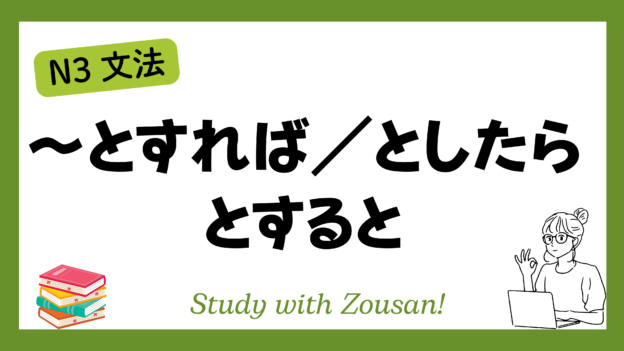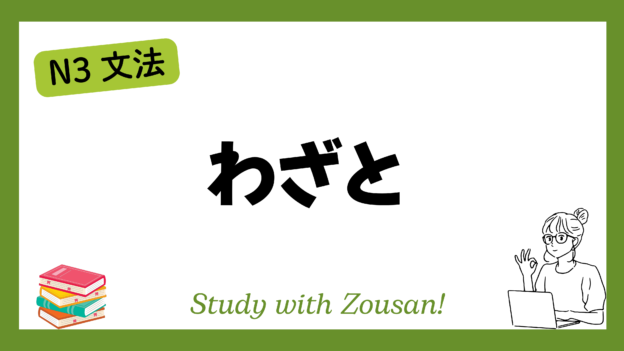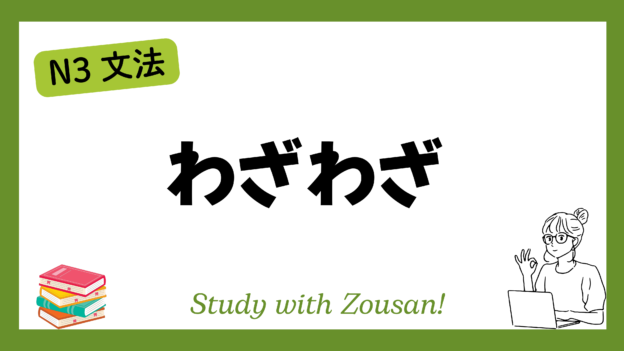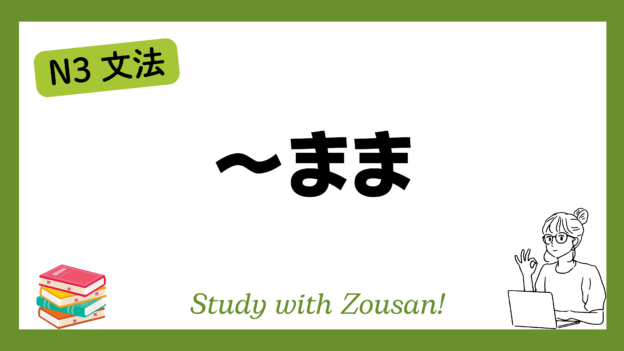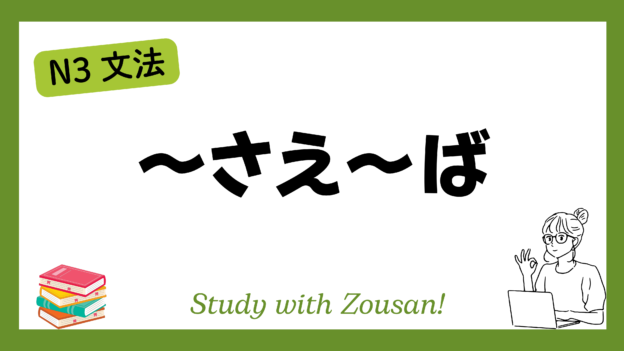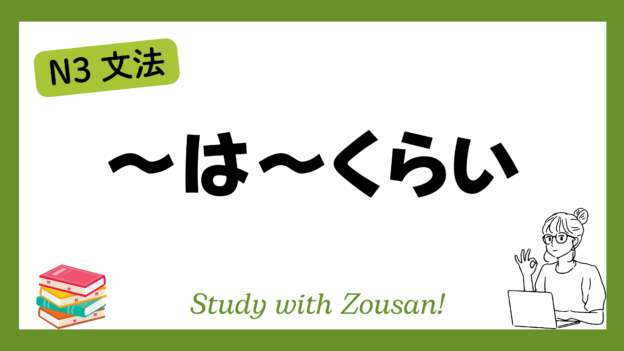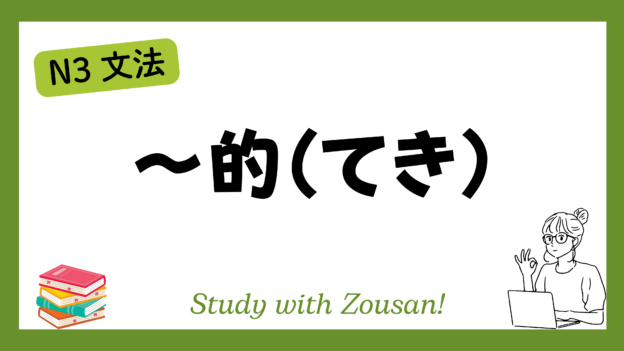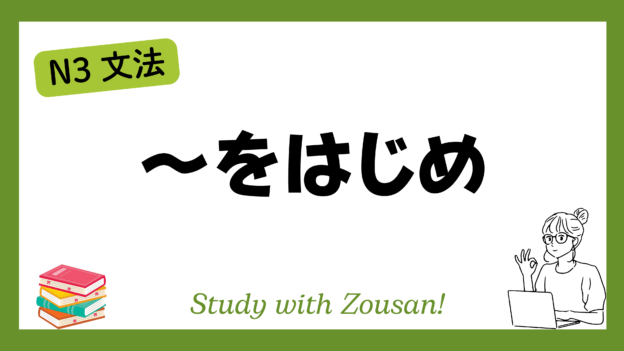Meaning: “If we suppose that…”, “If it is the case that…”
This structure is used to express a hypothetical situation or assumption. It can be translated as “if we suppose that…”, “if it is the case that…”, or “if…”. The choice of “とすれば”, “としたら”, or “とすると” can depend on the formality or nuance of the sentence, but they are largely interchangeable in most contexts.
※Note: This structure is often used to present hypothetical situations for discussion or consideration.
Structure:
| Verb (casual) | + とすれば + としたら + とすると |
| Noun + だ | |
| な-adjective + だ | |
| い-adjective |
Example:
-
-
-
🌟 明日、雨が降るとしたら、試合は中止になるでしょう。
(あした、あめ が ふる と したら、しあい は ちゅうし に なる でしょう。)
If it rains tomorrow, the game will likely be canceled. -
🌟 彼が参加できないとすれば、どうするつもりですか?
(かれ が さんか できない と すれば、どう する つもり です か?)
If he can’t attend, what are you planning to do? -
🌟 その話が本当だとしたら、大変なことになります。
(その はなし が ほんとう だ と したら、たいへん な こと に なります。)
If that story is true, it will be a big deal. -
🌟 もし明日が休日だとしたら、家でゆっくりします。
(もし あした が きゅうじつ だ と したら、いえ で ゆっくり します。)
If tomorrow is a holiday, I will relax at home. -
🌟 彼女が行くとすれば、私も行きます。
(かのじょ が いく と すれば、わたし も いきます。)
If she goes, I’ll go too. -
🌟 時間が足りないとすれば、どうやって間に合わせますか?
(じかん が たりない と すれば、どうやって まにあわせます か?)
If time is short, how will you make it work? -
🌟 その計画が失敗するとすれば、どう対処しますか?
(その けいかく が しっぱい する と すれば、どう たいしょ します か?)
If that plan fails, how will you deal with it? -
🌟 海外に住むとしたら、どの国を選びますか?
(かいがい に すむ と したら、どの くに を えらびます か?)
If you were to live abroad, which country would you choose? -
🌟 その価格で買えるとしたら、今すぐに買いたいです。
(その かかく で かえる と したら、いま すぐ に かいたい です。)
If I can buy it at that price, I’d like to buy it right now. -
🌟 彼が本当に犯人だとすると、何が動機でしょうか?
(かれ が ほんとう に はんにん だ と すると、なに が どうき でしょう か?)
If he is really the culprit, what would be his motive? -
🌟 その条件で仕事を引き受けるとすれば、私はもっと報酬が必要です。
(その じょうけん で しごと を ひきうける と すれば、わたし は もっと ほうしゅう が ひつよう です。)
If I take the job under those conditions, I will need more compensation. -
🌟 その情報が正確だとしたら、私たちはすぐに行動を起こすべきです。
(その じょうほう が せいかく だ と したら、わたしたち は すぐ に こうどう を おこす べき です。)
If that information is accurate, we should act immediately. -
🌟 彼女が本当にその秘密を知っているとすれば、今すぐに話してもらいたい。
(かのじょ が ほんとう に その ひみつ を しっている と すれば、いま すぐ に はなして もらいたい。)
If she really knows the secret, I want her to tell me right away. -
🌟 この結果が間違っているとしたら、計算をやり直す必要があります。
(この けっか が まちがっている と したら、けいさん を やりなおす ひつよう が あります。)
If this result is wrong, we need to redo the calculations. -
🌟 旅行に行くとしたら、どこに行きたいですか?
(りょこう に いく と したら、どこ に いきたい です か?)
If you were to go on a trip, where would you want to go?
-
-


